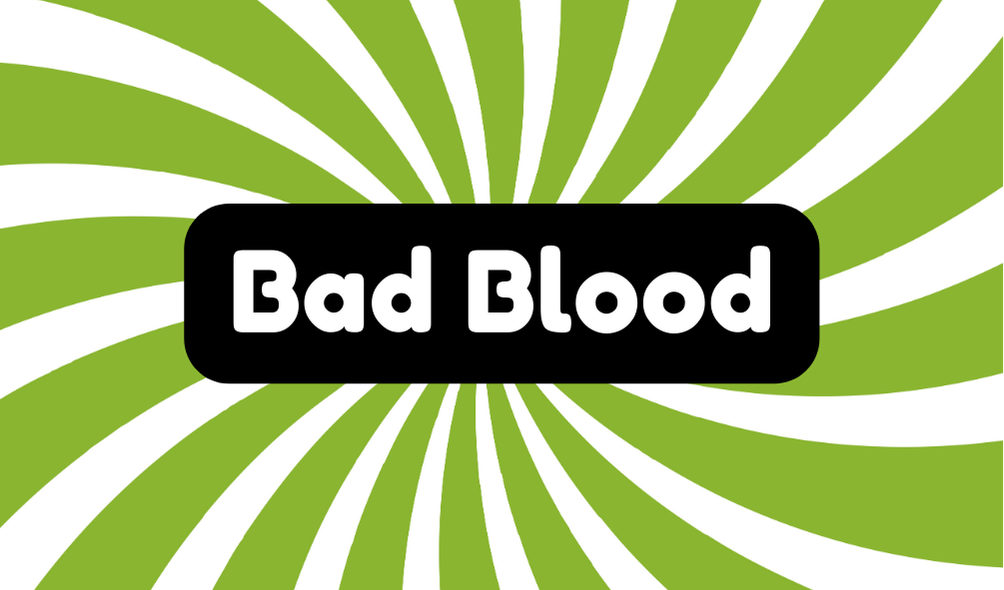Bad blood means the lingering hostility or resentment between people or groups, often arising from unresolved disagreements. This term has roots in historical blood feuds, evolving from literal violence to describe emotional rifts in relationships. You might hear someone say, "There's bad blood between them due to past betrayals," illustrating how issues can fester over time. It's relevant in many situations today, from families to workplaces, highlighting the importance of addressing conflicts. Understanding bad blood can help you navigate interpersonal challenges effectively, and there's much more to uncover about its implications in our lives.
Synonyms
Ill feelings often swirl around the concept of bad blood, and several synonyms capture this notion effectively. These terms reflect the bitterness and hostility that often arise in hostile relationships or generational conflicts. Consider these three powerful synonyms:
- Animosity – A deep-seated hostility, often brewing for years.
- Rancor – Intense bitterness that can sour even the simplest interactions.
- Resentment – Lingering feelings of anger stemming from perceived injustices.
Example of Sentences
Bad blood manifests in various contexts, illustrated through real-life situations and literary examples. You might encounter it in:
- Family feuds dragging on for generations, where old wounds never heal.
- Workplace conflicts, where resentment builds and teamwork falters.
- Friendships deteriorating due to misunderstandings and unresolved issues.
In each case, relationship conflicts define interactions, making reconciliation incredibly challenging. Generational grudges often complicate matters further, as past grievances resurface and fuel ongoing hostility. You could say that bad blood doesn't only affect the individuals involved but can cast a shadow over entire communities. Recognizing the signs and addressing them head-on is crucial to breaking the cycle and promoting healthier connections. Understanding these dynamics can help you foster more positive relationships in your life.
Origin
Many people trace the term "bad blood" back to the notion of blood feuds, which became prominent in literature during the 1800s. These feuds often illustrated deep familial conflict, using blood symbolism to represent loyalty and betrayal among clans. The term transformed over time, expanding from violent disputes to express ill feelings and bitterness in interpersonal relationships. It reflects not just individual grudges but generational grudges, showing how unresolved anger lingers. The phrase "ill blood" also supports this idea, emphasizing the emotional fallout from past conflicts. Fundamentally, "bad blood" serves as a poignant reminder of how deeply-rooted resentments can shape our connections, leading to a cycle of hostility that's often tough to break.
Collocations
Collocations surrounding the term "bad blood" often highlight the nuances of strained relationships. You might hear phrases that provoke thought and emotion, like:
- Bad blood between friends – illustrating deep-seated interpersonal conflicts.
- Working through bad blood – emphasizing the need to confront emotional resentment.
- Bad blood over a betrayal – revealing the severity of trust issues.
Each of these collocations paints a clear picture of what confrontations can lead to. Bad blood isn't just an isolated feeling; it's an accumulation of grievances. It creates barriers in communication, often entrenching people in cycles of misunderstanding. Recognizing these nuances helps you navigate the emotional terrain of your relationships while fostering better conflict resolution strategies rather than allowing resentments to fester.
How to Use in Everyday Language
Maneuvering relationships often brings up complex feelings, and recognizing when there's bad blood can make a significant difference. You might identify bad blood examples in your life, like a falling out with a friend or tension within family gatherings. Ignoring these issues can lead to serious bad blood consequences, including ruined friendships or strained family ties. To address bad blood, openly communicate your feelings and seek understanding. Consider the root cause of the resentment instead of letting it fester. By confronting these uncomfortable situations, you not only promote healthier relationships but also foster innovation within your social circles. Remember, addressing bad blood isn't just about resolving conflicts; it's about nurturing connections for a more harmonious future.
Why Is It Still Relevant Today?
Bad blood remains relevant today because it echoes in everyday interactions and conflicts we encounter, whether at home, work, or in our social circles. Its cultural significance can't be ignored, as stories of family feuds and broken relationships still captivate us. Understanding bad blood helps us navigate interpersonal conflicts that arise from misunderstandings and resentment. In a world that values innovation, we must address these underlying issues instead of allowing them to fester. Ignoring bad blood can lead to toxic environments and hinder progress. By recognizing and resolving conflicts, we foster healthier relationships and create a more collaborative atmosphere. Ultimately, understanding bad blood isn't just about history; it's about improving our present interactions and building a better future together.







